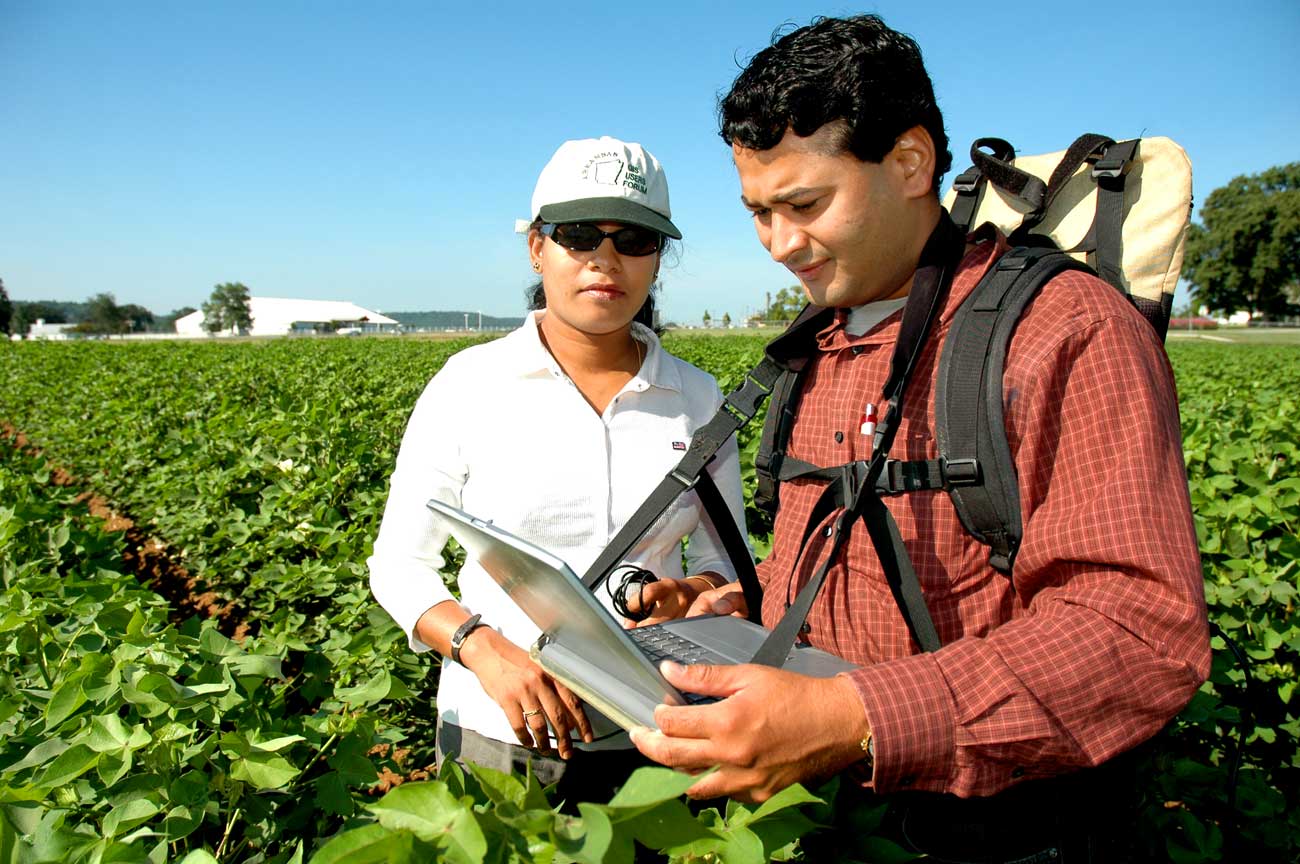IMMIGRATION LAW

Immigration Law
We can help you obtain any type of visa available.
Immigrant and Non-Immigrant Visa Types
Foreign nationals seeking to enter the U.S. must typically obtain a visa. Visas may be divided into two general categories: immigrant and nonimmigrant. Immigrant visas are issued to aliens seeking permanent residence in the U.S., while nonimmigrant visas authorize a stay for a limited period of time with a specific purpose. Following is a discussion of immigration and nonimmigrant visa categories and requirements.
IMMIGRANT VISAS
Aliens seeking admission to the U.S. as immigrants follow one of two paths depending on their residence at the time of application.
Aliens living abroad apply for an immigrant visa at a consular office of the Department of State. Once issued a visa, they may enter the U.S. and become legal immigrants when they pass through the port of entry.
Aliens already living in the U.S., including certain undocumented immigrants, temporary workers, foreign students, and refugees, file an application for adjustment of status (to legal permanent residence) with the Bureau of U.S. Citizenship and Immigration Services (USCIS). At the time they apply for adjustment of status, applicants may also apply for work permits. New legal immigrants are automatically authorized to work and should receive alien registration cards (“green cards”) after becoming legal permanent residents.
Immigrant Visa Categories
Immigrant visas may be divided into two categories: visas subject to numerical limitations and those that are not.
Visas not subject to numerical limitations are granted to immediate relatives (children, parents and spouses) of U.S. citizens, resident aliens returning from temporary visits abroad, and former U.S. citizens. To qualify as a “child” of a U.S. citizen the person must be unmarried, under 21 years old, and either a legitimate child, stepchild, illegitimate child, adopted child, an orphan adopted abroad, or an orphan coming to the U.S. to be adopted. A parent with any of the relationships described under the definition of child qualifies as a “parent.” In order to receive a visa as the spouse of a U.S. citizen the alien must have a “valid and subsisting marriage” with that citizen.
Visas subject to numerical limitations are granted to persons qualifying for family sponsored, employment related, or diversity immigrant visas. There are four categories of family sponsored visa preferences: unmarried sons and daughters of U.S. citizens and their children; spouses, children, and unmarried sons and daughters of legal permanent residents; married sons and daughters of U.S. citizens and their spouses and children; and brothers and sisters, including spouses and children, of U.S. citizens ages 21 and over. There are five categories of employment-sponsored preferences: priority workers; professionals with advanced degrees or aliens of exceptional ability; skilled workers, professionals (without advanced degrees), and needed unskilled workers; special immigrants (e.g. ministers, religious workers, and employees of the U.S. government abroad); and employment creation immigrants or “investors.”
Family and Employment-Sponsored Applications
Applying for family-sponsored immigrant status is a multi-step process involving numerous submissions. First, the USCIS must approve an immigrant visa petition filed by a relative and accompanied by proof of relationship to the requesting relative. Second, the Department of State must determine if an immigrant visa number is immediately available to the alien, even if he or she is already in the U.S. Third, if the alien is already in the U.S., he or she must apply to change his or her status to that of a lawful permanent resident after a visa number becomes available. If the alien is outside the U.S. when an immigrant visa number becomes available, he or she must then go to the U.S. consulate to complete processing. Applying for employment-sponsored immigrant status requires a similar multi-step process, with the added requirement that the employer must file a labor certification request with the U.S. Department of Labor.
Family and Employment-Sponsored Visa Numerical Caps
Family sponsored and employment related immigrant visas are subject to a complicated system of per-country numerical caps. The U.S. Department of State, Bureau of Consular Affairs, publishes a monthly Visa Bulletin that summarizes the availability of visas subject to numerical limitations, and lists the countries that have filled their allotments.
Diversity Lottery
“The diversity immigration program” provides another, but more limited, method of gaining permanent residence. Under this program, approximately 55,000 immigrant visas are available annually to aliens who are natives of countries determined by the I.N.S. to be “low admission” countries, that is, countries that are proportionately under-represented in the U.S. immigrant population. To receive a diversity visa, an individual must have at least a high school education or its equivalent, or, within the preceding five years, two years of work experience in an occupation requiring at least two years training or experience.
NONIMMIGRANT VISAS
Nonimmigrant visas are divided into nineteen main categories and one special purpose category for NATO personnel. The main categories are given letter designations. They are: A, career diplomats; B, temporary visitors for business and pleasure; C, aliens in transit; D, crewmembers; E, treaty traders and investors; F, students; G, international organization representatives; H, temporary workers; I, foreign media representatives; M, students in non-academic institutions; N parents and children of special immigrants; O, aliens with extraordinary abilities; P, entertainers; Q, cultural exchange program participants; R, religious workers; and TN, for NAFTA professionals.
Visa Waiver Program
The “visa waiver program” permits certain nonimmigrants from qualified countries to enter the U.S. for a maximum of 90 days without a visa. As of August 2004, the members of the visa waiver program included:
Andorra, Australia, Austria, Belgium, Brunei, Denmark, Finland, France, Germany, Iceland, Ireland, Italy, Japan, Liechtenstein, Luxembourg, Monaco, The Netherlands, New Zealand, Norway, Portugal, San Marino, Singapore, Slovenia, Spain, Sweden, Switzerland, and the United Kingdom.
Tourist and Business Visitor Nonimmigrant Visas
The majority of nonimmigrant visas are issued to tourists (temporary visitors for pleasure) and business visitors (people engaging in commercial transactions in the U.S. but not employment). Often visitors are issued a multiple purpose business/tourist visas (B-1/B-2 category). Both B-1 and B-2 visa are valid for one year and are renewable in six-month increments. It is noteworthy that neither B-1 nor B-2 visa holders may accept employment in the U.S., although an alien on a B-1 may do work for a foreign company located in the U.S.
Temporary Worker Nonimmigrant Visas
An area of nonimmigrant visas that has grown recently is the H-temporary workers category. These visas are issued to workers with “specialty occupations” (such as computer systems analysts and programmers) or to workers performing temporary services or labor when persons capable of performing this work are not available in the U.S (such as agricultural workers). The visas are designed to help employers meet an immediate and temporary need for labor. Numerical limitations exist for some nonimmigrant work visas. For instance, the law limits temporary visas for professionals (H-1B category) and temporary agricultural workers (H-2A category).
Nonimmigrant Visas for Education
Many aliens also seek entry to the U.S. for educational purposes. The F-1 visa is for academic students entering the U.S. to pursue a full course of study at an established academic high school, college, university, seminary, conservatory, or language school. Students who wish to attend vocational or nonacademic programs must enter on an M visa. The J visa covers exchange visitors such as students, scholars, trainees, teachers, professors, research assistants, and leaders in a specialized knowledge or skill. With certain restrictions, F and J visa holders may work while in the U.S. The M visa holder’s ability to work, however, is more limited.
Legal Help with the Immigrant and Nonimmigrant Visa Process
Immigrant and nonimmigrant visas provide opportunities for foreign nationals to come to the U.S. for a wide range of purposes. Some of these visas, such as tourist visas, are relatively easy to secure and require only modest time and effort on the part of the applicant. Immigrant visas and some nonimmigrant visas (particularly those authorizing employment, education, or training) are more complex and may involve extensive petitions, applications, and documentation to demonstrate the alien’s eligibility. The assistance of an experienced immigration attorney can help simplify the process for an individual or employer, and can enhance the chance that the visa application process will result in a favorable outcome.
